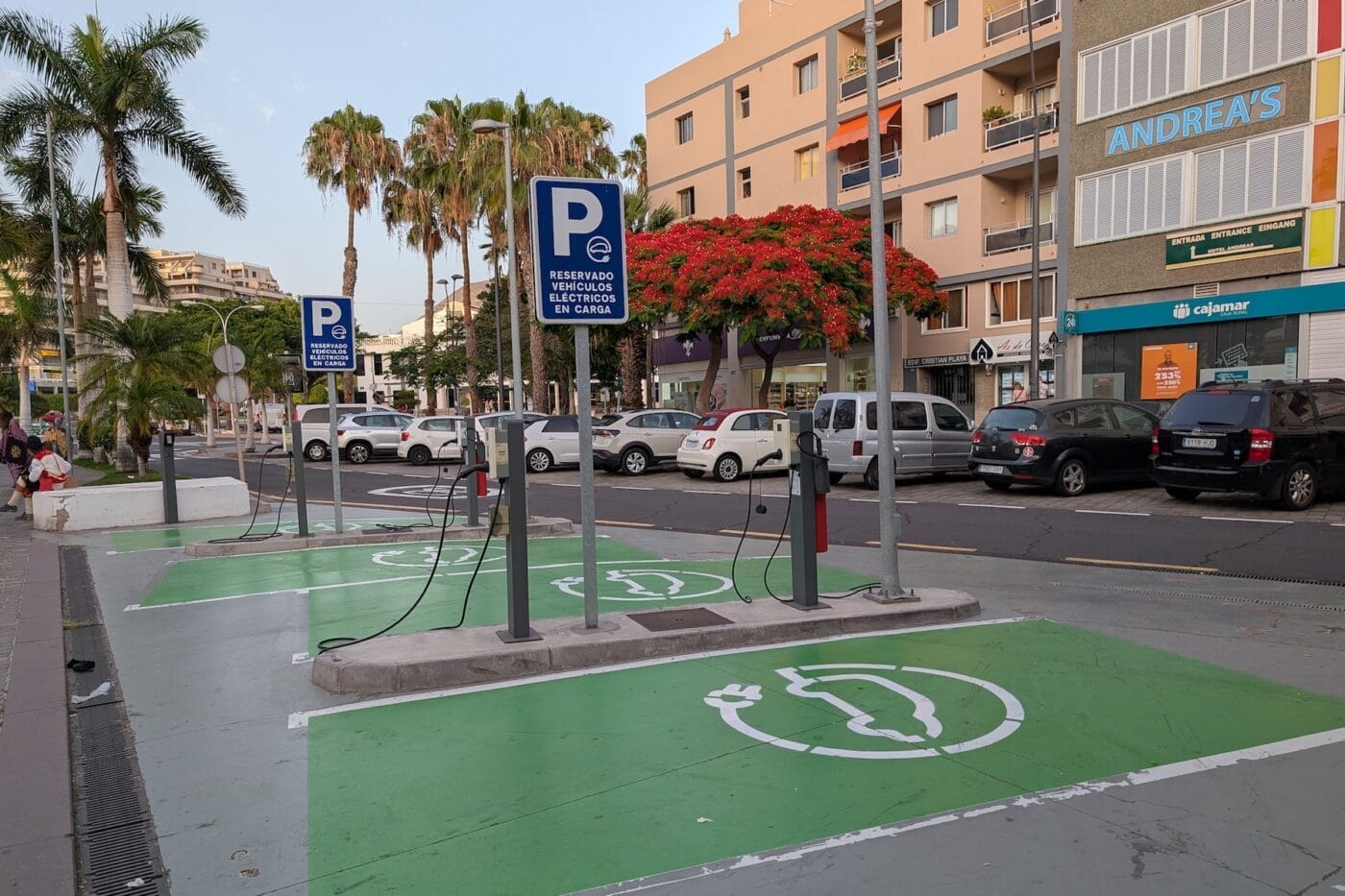Canary Islands promote electric taxis, passenger vans and buses
The Ministry for Ecological Transition and Energy of the Canary Islands (Spain) this week published a call for applications for urban mobility subsidies totalling 1,875,000 euros. The scheme is open exclusively to professional passenger transport operators, such as public and private companies in local public transport, and holders of taxi or commercial passenger transport licences. The funding is also available to ride-hailing drivers, including Uber operators, for the purchase of new electric vehicles. Uber currently operates on the four major islands: Tenerife, Gran Canaria, Lanzarote and Fuerteventura.
Minister Mariano Zapata underlined his ministry’s commitment to electric mobility, “a model that offers numerous environmental, economic and social benefits for our region and helps to drive the energy transition forward, enabling more people and businesses to join this change and take an active role in decarbonising the Canary Islands.”
With the new incentive, the minister said, electric mobility should become “an accessible reality not only for citizens, but also for transport professionals who play a key role in the decarbonisation of our cities.” He also stressed the importance of these funds in renewing vehicle fleets, making public transport better suited to the challenges of climate change.
The programme covers the purchase of electric or other zero-emission vehicles with at least four wheels, designed and manufactured for public or private passenger transport services. Eligible vehicles must belong to category M1 (up to nine seats), M2 (more than nine seats and a maximum authorised mass of up to five tonnes) or M3 (more than nine seats and a maximum authorised mass exceeding five tonnes). The funding also applies to charging stations and infrastructure for alternative fuels that accompany the vehicles.
The maximum subsidy amounts to 110,000 euros per beneficiary, and in the case of local authorities – including public enterprises – the upper limit is 300,000 euros per beneficiary. Applications can be submitted between 20 October and 7 November via the electronic platform of the Government of the Canary Islands.
.gobiernodecanarias.org (in Spanish)
This article was first published by Florian Treiß for electrive’s German edition.





0 Comments